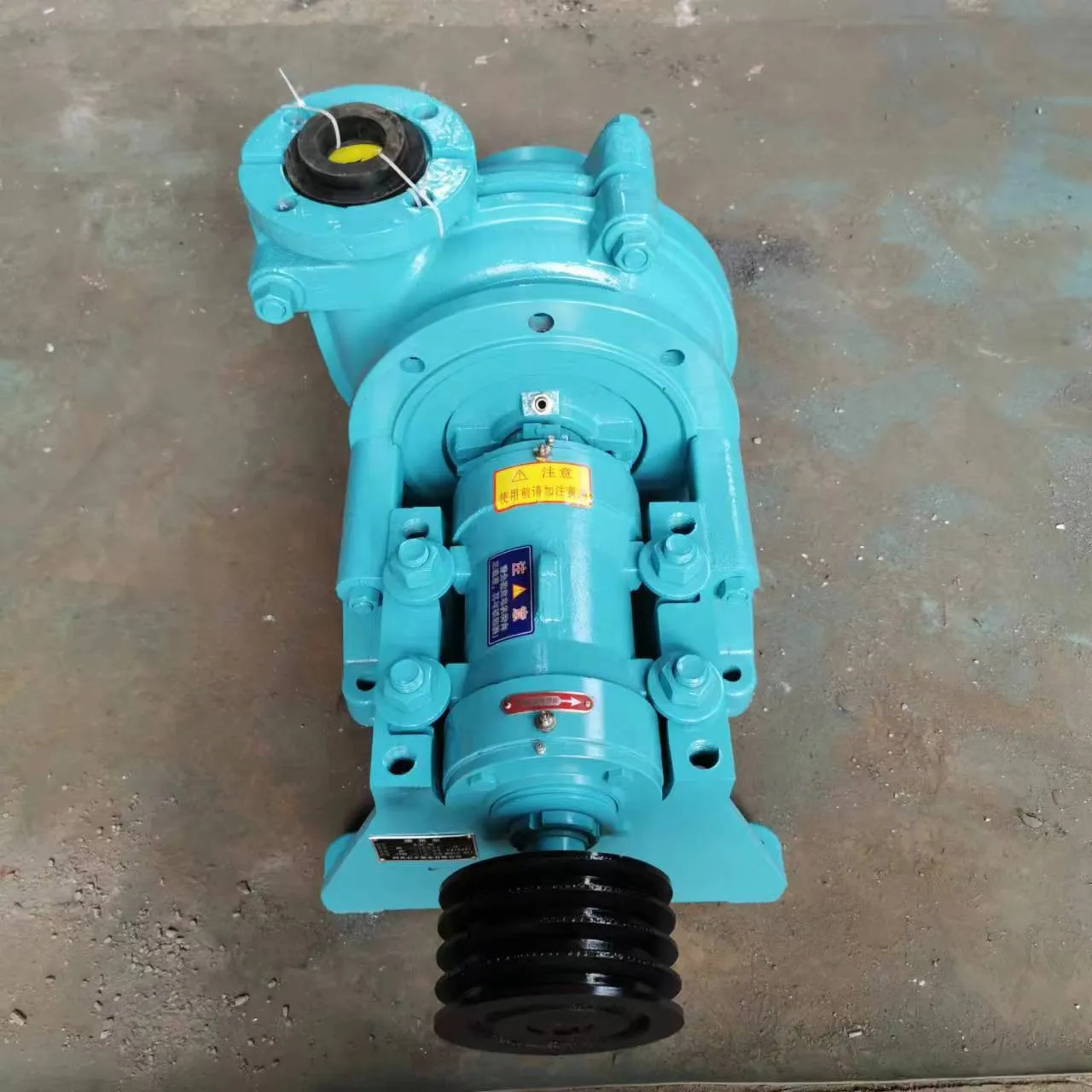Sundanese
- Afrikaans
- Albanian
- Amharic
- Arabic
- Armenian
- Azerbaijani
- Basque
- Belarusian
- Bengali
- Bosnian
- Bulgarian
- Catalan
- Cebuano
- Corsican
- Croatian
- Czech
- Danish
- Dutch
- English
- Esperanto
- Estonian
- Finnish
- French
- Frisian
- Galician
- Georgian
- German
- Greek
- Gujarati
- Haitian Creole
- hausa
- hawaiian
- Hebrew
- Hindi
- Miao
- Hungarian
- Icelandic
- igbo
- Indonesian
- irish
- Italian
- Japanese
- Javanese
- Kannada
- kazakh
- Khmer
- Rwandese
- Korean
- Kurdish
- Kyrgyz
- Lao
- Latin
- Latvian
- Lithuanian
- Luxembourgish
- Macedonian
- Malgashi
- Malay
- Malayalam
- Maltese
- Maori
- Marathi
- Mongolian
- Myanmar
- Nepali
- Norwegian
- Norwegian
- Occitan
- Pashto
- Persian
- Polish
- Portuguese
- Punjabi
- Romanian
- Russian
- Samoan
- Scottish Gaelic
- Serbian
- Sesotho
- Shona
- Sindhi
- Sinhala
- Slovak
- Slovenian
- Somali
- Spanish
- Sundanese
- Swahili
- Swedish
- Tagalog
- Tajik
- Tamil
- Tatar
- Telugu
- Thai
- Turkish
- Turkmen
- Ukrainian
- Urdu
- Uighur
- Uzbek
- Vietnamese
- Welsh
- Bantu
- Yiddish
- Yoruba
- Zulu
Telephone: +86 13120555503
Email: frank@cypump.com
Oct . 06, 2024 14:57 Back to list
clean water pump
The Importance of Clean Water Pumps Ensuring Access to Safe Drinking Water
Access to clean and safe drinking water is a fundamental human right and a critical component of public health. Unfortunately, millions of people around the world still lack reliable access to this essential resource. One of the most effective solutions to address this issue is the use of clean water pumps. These devices not only enhance water accessibility but also contribute significantly to improving overall health and hygiene in communities.
Understanding Clean Water Pumps
Clean water pumps are mechanical devices that extract groundwater or surface water and supply it for use. They come in various forms, including hand pumps, solar pumps, submersible pumps, and more. The choice of pump depends on factors such as the depth of the water source, the volume of water required, and available resources for installation and maintenance. The primary goal of these pumps is to deliver clean, potable water for drinking, cooking, and sanitation purposes.
Benefits of Clean Water Pumps
1. Access to Safe Drinking Water One of the most significant benefits of clean water pumps is that they provide communities with reliable access to safe drinking water. This is particularly crucial in rural and underserved areas where water sources may be contaminated or difficult to reach.
2. Health Improvement Clean water is vital for health. Contaminated water can lead to waterborne diseases such as cholera, dysentery, and typhoid fever. By ensuring access to clean water, pumps help reduce the incidence of these diseases, leading to healthier populations.
3. Economic Development When communities have access to clean water, they are better positioned for economic growth. Improved health means reduced healthcare costs and increased productivity. Farmers, for example, can irrigate their crops more effectively, leading to better yields and food security.
4. Empowerment and Education Providing clean water pumps in communities empowers residents, particularly women and girls who often bear the burden of collecting water. When they have easier access to water, they can focus on education and income-generating activities, improving their overall quality of life.
clean water pump

Challenges in Implementation
While clean water pumps have numerous benefits, their implementation comes with challenges. One of the primary issues is ensuring the sustainability of these systems. Many pumps are installed without proper training or maintenance plans, leading to breakdowns and reduced functionality over time. Regular maintenance, community involvement, and training are crucial to ensure that the pumps remain operational long-term.
Funding is another challenge. While some non-profit organizations and governmental bodies provide grants for clean water initiatives, ongoing financial support is often needed for maintenance and repairs. Community ownership of water resources can mitigate this issue, as locals may be more inclined to take responsibility for their maintenance.
Innovative Solutions and Future Directions
Advancements in technology have led to the development of more efficient and sustainable clean water pumps. Solar-powered pumps, for instance, are becoming increasingly popular in remote areas where electricity is scarce. These systems not only reduce reliance on fossil fuels but also lower energy costs, making clean water more accessible.
Furthermore, integrating clean water initiatives with education and health programs can amplify their impact. Educating communities about water hygiene and the importance of sustainable water use can lead to better health outcomes and improved conservation of water resources.
Conclusion
Clean water pumps are invaluable assets in the fight for global water security. They not only provide access to safe drinking water, but they also promote health, economic development, and empowerment in communities. However, to maximize their benefits, it is essential to address the challenges of maintenance, funding, and community engagement. By fostering collaborations among governments, NGOs, and local communities, we can ensure the sustainability of these vital resources and work towards a future where clean water is accessible to all. In a world where water scarcity is becoming increasingly prevalent, the implementation of clean water pumps serves as a beacon of hope for many.
-
ISG Series Vertical Pipeline Pump - Chi Yuan Pumps Co., LTD.|High Efficiency, Energy Saving, Low Noise
NewsJul.30,2025
-
ISG Series Vertical Pipeline Pump- Chi Yuan Pumps|High Efficiency&Low Noise
NewsJul.30,2025
-
ISG Series Vertical Pipeline Pump-Chi Yuan Pumps Co., LTD.|High Efficiency&Energy Conservation
NewsJul.30,2025
-
ISG Series Vertical Pipeline Pump - Chi Yuan Pumps Co., LTD.|Advanced Hydraulic Design&Energy-Efficient Solutions
NewsJul.30,2025
-
ISG Series Vertical Pipeline Pump - Chi Yuan Pumps Co., LTD.
NewsJul.30,2025
-
ISG Series Vertical Pipeline Pump - Chi Yuan Pumps Co., LTD.|energy-efficient fluid handling&industrial durability
NewsJul.30,2025










